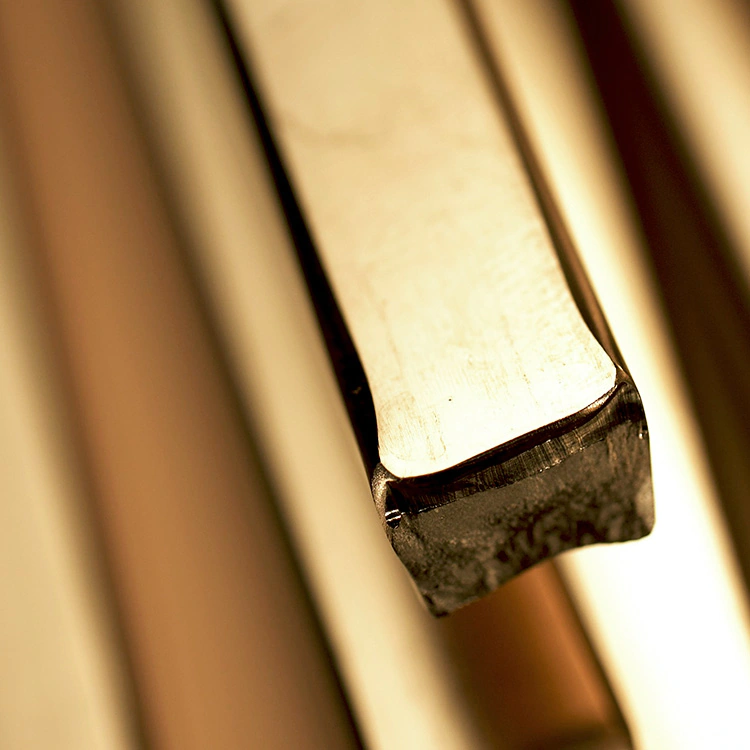







Rolex DAY-DATE 40 OYSTER, 40 mm, gold
(0
reviews)
Price:
$33,197.50
/Pc
Refund:
Share:
Top Selling Products
Model No.
228238
Case
OYSTER, 40 mm, gold
Bezel
Pitted triangle
Water Resistance
Water-resistant to 100 meters/330 feet
Movement
Self-winding mechanical movement
Movement Model
Rolex caliber 3255
Power reserve
Approx. 70 hours
Bracelet
President with three arched links
Watch face
Green color
Certifications
Top chronometer certification: Swiss Chronometer Certification (COSC) + Rolex certification (when the movement is in the case)


Green dials
Lacquer is capable of producing almost infinite shades of color, strength and smoothness. The lacquering technique consists of depositing six successive thin layers of lacquer on a brass base plate. A colorless varnish is then sprayed on to give the watch a deeper and more brilliant tone or shade. After the varnish has dried, the watch is polished to bring out the colors, and then pad printed and marked with inlays.
Pitted bezel
The Rolex bezel is a characteristic feature of the brand's watches. Initially, the OYSTER bezel was intended to serve a practical purpose, helping to secure the bezel to the case by screwing it down and ensuring that the watch was water-resistant. The same was true of the pitched caseback, which was screwed into place with a special Rolex tool. Later, the triangular pitched pattern evolved into an aesthetic design element that has become an iconic feature of Rolex. Today, it is a characteristic feature of the brand's watches, and this Day-Date 40 has a bezel made of gold.


18K Gold
Rolex has a dedicated foundry that develops high-quality 18K gold alloys. By mixing different amounts of silver, copper, platinum or palladium, different types of 18K gold are produced: yellow, pink or white gold. All raw materials are made from high purity metals and are carefully tested in our own laboratories with state-of-the-art equipment before the gold is shaped, with meticulous attention to detail in every step of the process. The pursuit of excellence from the very beginning of the production process has always been Rolex's obsession.
There have been no reviews for this product yet.
Related products
$54,175.50
Patek Philippe Nautilus White Gold
$41,979.75
Patek Philippe Aquanaut Mens Watch
$16,704.00
Patek Philippe Aquanaut
$47,812.50
Patek Philippe Aquanaut Rose Gold
$35,846.25













